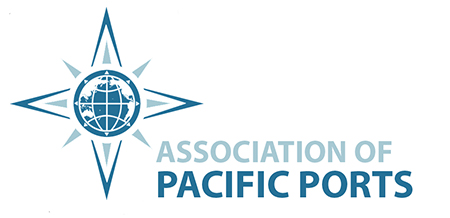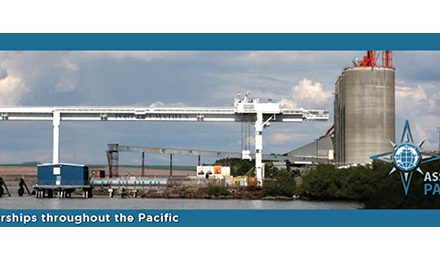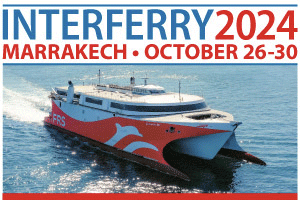March 10, 2023 — Trans Mountain Corporation announced an update for the Trans Mountain Expansion Project (the Project). Construction of the Project is close to 80 per cent complete, with mechanical completion expected to occur at the end of 2023, and the pipeline will be in-service in the first quarter of 2024. Once completed, the pipeline system will have nearly tripled its capacity, representing an increase of 590,000 barrels per day to a total of 890,000 barrels per day.
The expanded pipeline will be a key piece of Canada’s energy infrastructure that provides a much-needed route to west coast tidewater for direct access to international markets, including the United States and Asia. Such access will achieve global market pricing for Canadian crude oil, which is periodically sold at a discount, while supporting Canada’s energy security.
The total Project cost is now estimated to be approximately $30.9 billion. Trans Mountain is in the process of securing external financing to fund the remaining cost of the Project. The Project capacity is primarily committed to 11 shippers representing a mix of Canadian and international producers and refiners who are contracted for 80 per cent of the available capacity under long-term, take-or-pay transportation contracts for 15 and 20 years. The remaining 20 per cent of the capacity on the expanded system will be available through market mechanisms.
Estimated costs are attributed to several factors including Trans Mountain’s commitment to ensuring Project and community safety, protection of culturally significant sites for Indigenous Peoples, environmental preservation, and completing a quality long-term pipeline. Specific factors for cost increases include high global inflation and global supply chain challenges; unprecedented floods in British Columbia; unexpected major archaeological discoveries; challenging terrain between Merritt and Hope; earthquake standards in the Burnaby Mountain tunnel; unexpected water disposal costs in the Sumas Prairie; and issues regarding densely populated areas between Sumas and Burnaby.
“Canada has among the world’s highest standards for the protection of people, the environment, and Indigenous participation when building major infrastructure projects. By including these commitments into the Project design and development from the beginning, we have ensured the Project will provide economic benefits to Canadians well into the future,” said Dawn Farrell, President and CEO of Trans Mountain Corporation.
An independent economic impact assessment for the Project was conducted by Ernst & Young LLP (EY) in March 2023. The assessment stated that during construction between 2018-2023, the Project is estimated to contribute $52.8 billion in gross output, $26.3 billion in gross domestic product (GDP), including $11 billion in wages and more than 67,423 full-time equivalents (FTEs), and $2.9 billion in tax revenue. After completion, EY expects that Trans Mountain’s expanded operations will contribute $17.3 billion in gross output, $9.2 billion in GDP, including $3.7 billion in wages and more than 36,066 FTEs, and $2.8 billion in tax revenue over the next 20 years.
Trans Mountain has generated more than $4.8 billion in contracts with Indigenous businesses, which is 25 per cent of total contracts awarded to date and has employed over 3,000 Indigenous workers.
“I am particularly proud that throughout development and construction, Trans Mountain has maintained unprecedented levels of Indigenous collaboration and partnership. Over 140 Indigenous groups have been engaged to ensure we protect the land, the water, the wildlife, and significant archaeological sites. Trans Mountain has gone far beyond simple engagement by creating economic partners for generations to come,” continued Farrell.
















